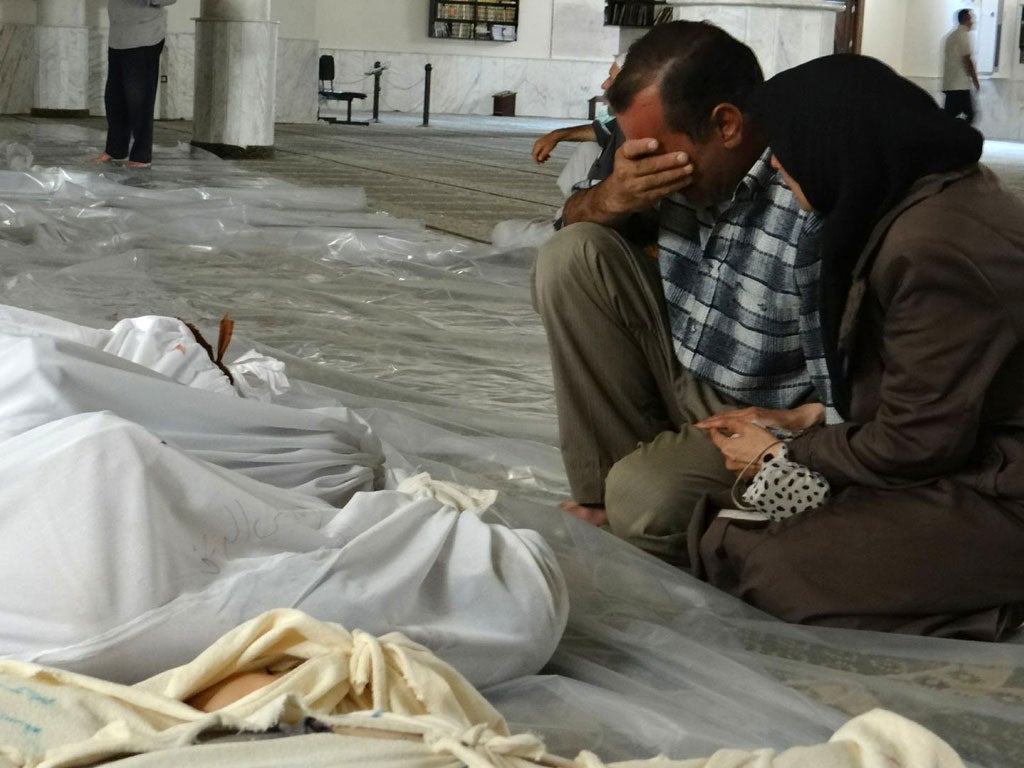2013 - the year in review: What a contrast between the optimism of the Arab Spring and the dark mood of today's Middle East
Al-Assad will stay in power. The rebels are not strong enough to remove him without Western intervention

It was a year of decisions in the Middle East but what was being decided was mostly that conflicts would grow worse. What a contrast there is between the dark mood in the Arab world today and the optimism of three years ago when protesters appeared to be bowling over long-established police states from Bahrain to Benghazi.
Commentators confidently explained how the rise of the internet and satellite television had rendered old methods of repression obsolete and the triumph of progressive and democratic movements was near inevitable.
It has not happened. From Iraq to Libya violence increased, with few signs that there will be any improvement in the coming year. Some crucial dates stand out, such as the military coup in Egypt on 3 July which was followed by a series of massacres of Moslem Brotherhood supporters. Repression is exceeding anything seen under President Hosni Mubarak, with the opposition divided and bemused. Has the counter-revolution won? Much depends on how far Egypt’s military is able to grapple with the country’s economic and social crises.
Crucial to the success of the Arab Spring was the combining of the religious and secular opponents of the existing order. Middle-class bloggers in Cairo came together with angry textile workers in the Delta, while in Damascus students found they had something in common with farmers. But this year there are signs everywhere that this alliance has disintegrated, with human rights activists fleeing Egypt and Libyan demonstrators being killed by the militiamen who overthrew Gaddafi.
In Syria the crucial days came in the aftermath of 21 August when the Syrian government used poison gas against rebel districts in Damascus. If the US was going to intervene militarily this was the moment, but public opinion in the US and UK was against a re-run of Iraq. This means that President Bashar al-Assad will stay in power. The rebels are not strong enough to remove him without Western intervention.
Who were the winners in the Middle East in 2013? One group that emerged stronger are the 30 million Kurds who are close to an independent state in Iraq, and becoming an important player in Syria.
The bad news for the region and for the security of Europe and the US is that the other big winners of 2013 were the al-Qa’ida franchises in Iraq and Syria, who now control territory from the Tigris to the Mediterranean. Western leaders have still not taken on board the significance of this.
Join our commenting forum
Join thought-provoking conversations, follow other Independent readers and see their replies
Comments